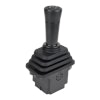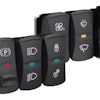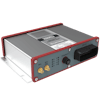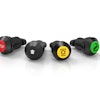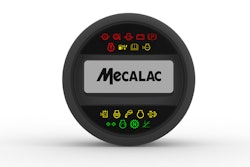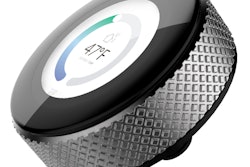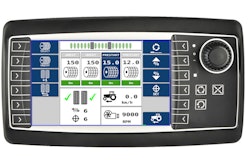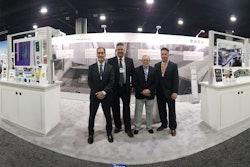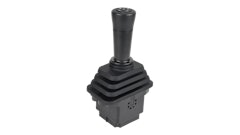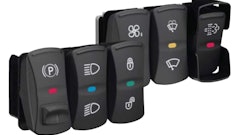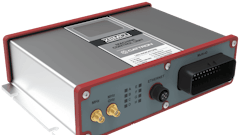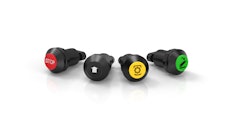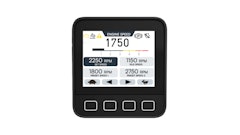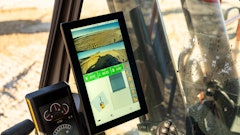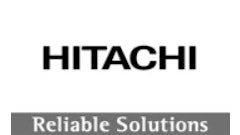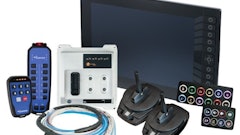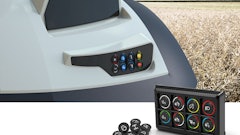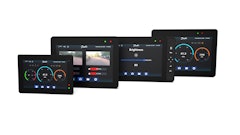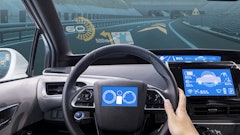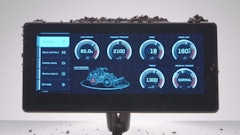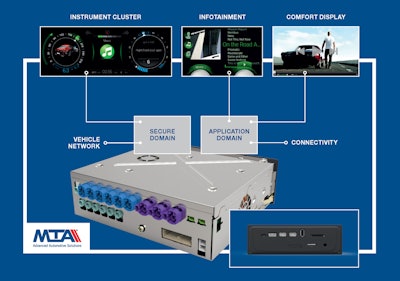
MTA, a leading company in the development and production of a wide range of electromechanical and electronic products for major vehicle manufacturers, presented at Agritechnica 2017 the latest version of its Human-to-Machine Interface system.
Agricultural machines are more and more equipped with electronic devices such as displays and dashboards capable of visualizing the main operation parameters, as well as operating appliances connected to them. OEMs have been asking their Tier 1 suppliers to provide systems capable of controlling such electronic devices, which were so far separate, or connecting to operations centers to monitor and operate vehicle features or appliances. This would dramatically reduce operating costs and down time during dealer’s service. The demand for integrated vehicle platforms capable of managing simultaneously telematics services and complex and consistent graphics on different displays has grown. Such platforms require powerful operating systems, while offering users total data security and safety.
Thanks to the know-how acquired in recent years in the development of intelligent dashboards and displays for different OEMs, with graphics with fast dynamics and very high-performance processors, MTA is able to offer a complete “In-Vehicle” system with state-of-the-art specifications featuring an “intelligent” central unit.
The central unit of the MTA system is developed based on a flexible and powerful architecture that makes use of the Jacinto 6 multicore microprocessor produced by Texas Instruments, which is renowned for its high computing power. It can handle up to three full HD displays inside the vehicle, as well as collect and convey the information coming from the vehicle and from the LTE/4G connection. Furthermore, the unit is ready to be quickly adapted for additional functions based on specific customer requirements.
In addition to allowing the integration of information, the presence of this “electronic heart” developed by MTA makes the different displays become external devices of the system, thereby enabling OEMs to adapt the terminals and to add new features and functions in line with the rapidly evolving market, without making any changes to the core section of the system.
In developing its HMI system, MTA not only focused on the electronic central unit content, but also paid much attention to its ease of use, cooperating with specialized companies for this purpose.
